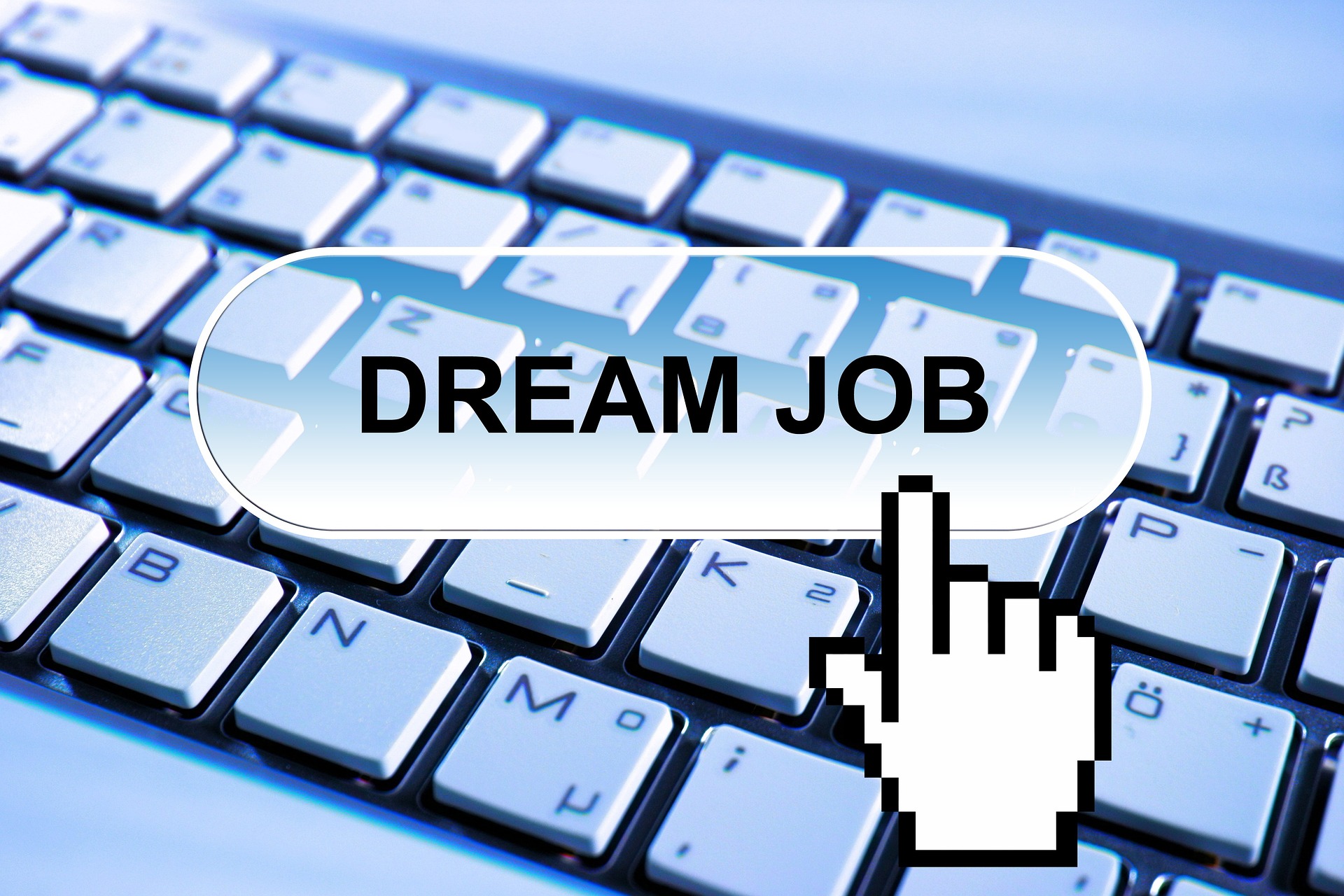The Shifting Landscape of Career Development: A Modern Approach to Traditional Strategies
In an era marked by rapid technological advancements and drastic shifts in work culture, the traditional paradigm of career development is transforming. This article explores contemporary approaches to career development, shedding light on their historical context, current trends, and potential future implications.

The Genesis of Career Development: A Brief Overview
Traditional career development has been largely influenced by the industrial revolution and the advent of corporate culture in the 20th century. It prioritized linear growth, with individuals expected to climb the corporate ladder in a single organization or industry. However, the past few decades have ushered in a new era of career development, characterized by increased flexibility, continuous learning, and adaptability.
The Contemporary Career Development Landscape: Trends and Paradigm Shifts
The 21st-century job market has redefined the concept of career development. It now encompasses more than just promotions and salary increments. Today, career development is about expanding one’s skill set, embracing lifelong learning, and finding personal fulfillment in one’s work. Technology plays a vital role in this shift, providing access to online learning platforms and the flexibility to work across geographical boundaries.
The Power of Self-Branding in a Digital Age
One standout strategy in modern career development is self-branding, especially in the digital realm. In a job market where differentiation is key, building a unique personal brand online can set professionals apart. The benefits are manifold – from increased visibility to potential employers to establishing oneself as a thought leader in one’s field. However, it also presents challenges, such as maintaining authenticity and managing digital footprints.
Implementing Modern Career Development Strategies: Practical Insights
Implementing these new-age career strategies requires a shift in mindset. Professionals must become comfortable with continuous learning, understand the value of networking, and master the art of personal branding. They must also embrace the uncertainty that comes with a non-linear career path and develop resilience to navigate career transitions.
Looking Ahead at Career Development
As the world of work continues to evolve, so too must our approaches to career development. By embracing flexibility, lifelong learning, and the power of personal branding, professionals can navigate the dynamic job market with confidence. In doing so, they can not only secure meaningful employment but also build fulfilling, resilient careers in the 21st century.
In a rapidly changing job market, traditional career development strategies are being redefined. This article explores the new paradigms of career development, including their historical contexts, current trends, and future implications. It also delves into the benefits and challenges of self-branding in the digital age and provides practical insights for implementing these modern strategies. With a balanced blend of depth and accessibility, this piece offers fresh perspectives on career development in today’s world.




